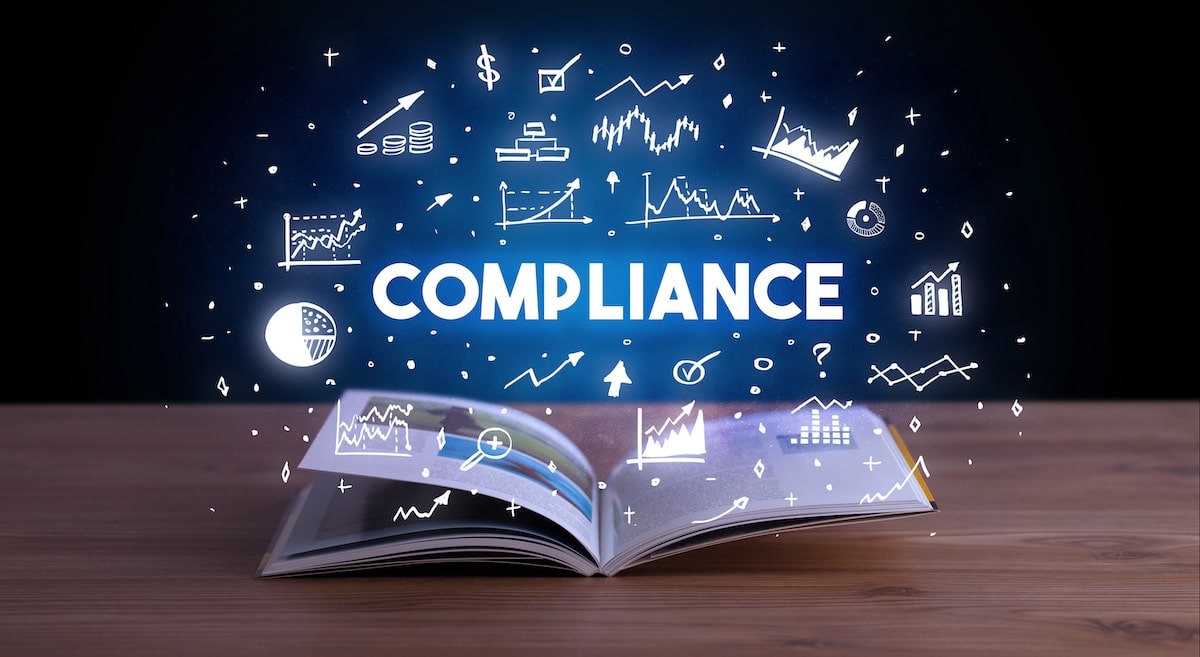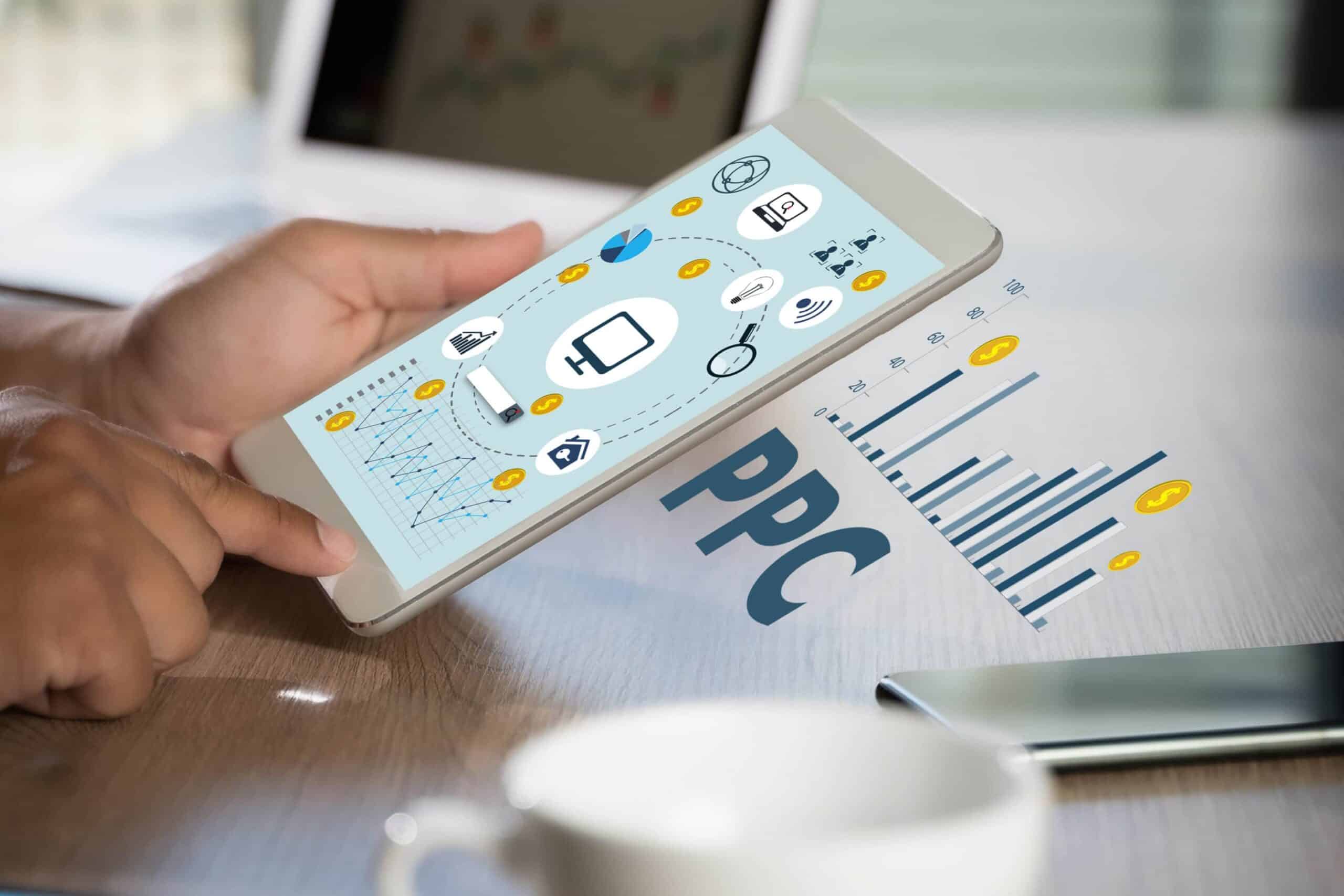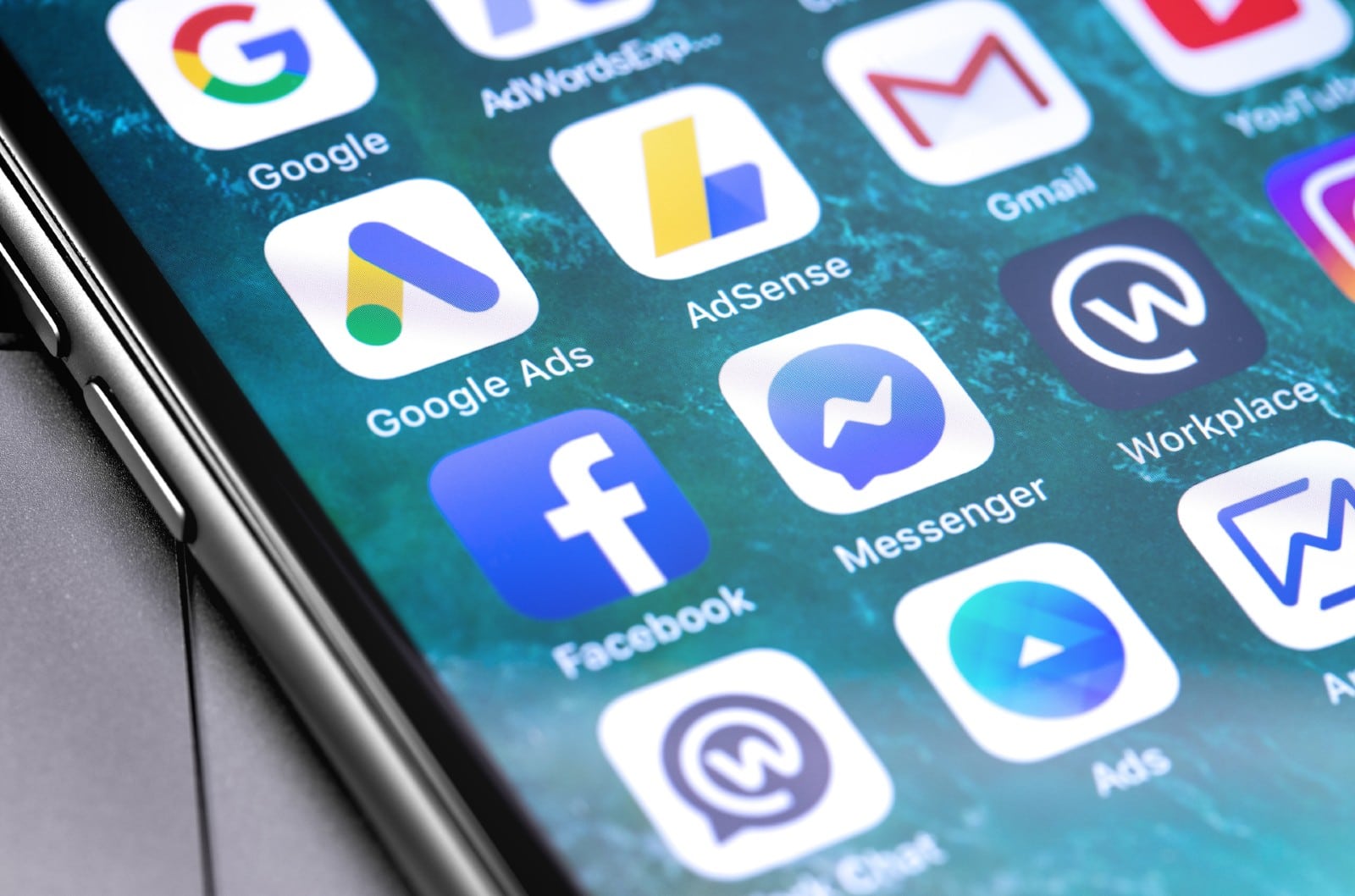Most anyone who wants immediate results knows they need to consider online advertising. Facebook, Instagram, and Google can quickly get your brand in front of others and, if done correctly, give a much-needed boost.
However, if you only have the budget for one and not the other, which should you pick? Let’s outline what you need to consider to help you make the best decision.
A Quick Note Before We Get Started
It’s important to understand that this is to help you decide where to advertise and what to expect. This is NOT a replacement for strategy. Make sure you fully think things through and use sound judgment before running ads or moving forward with any marketing plan.
Yes, that does mean taking the time to create buyer’s personas, planning out your content, creating offers, marketing materials, etc. Without these key items, you’re risking more spend and fewer results. Always plan your work ahead of time or have someone help you.
Who’s Your Audience?
Both Google and Facebook have massive audiences. Google is the number one place everyone goes when they want to start searching. YouTube is next (but connected with Google). Amazon is specific to eCommerce (and will often take a portion of profits), which then leaves Facebook as the fourth largest search engine. Regardless of the rankings, both have the massive reach you want to investigate.
To be perfectly clear, both platforms probably have individuals you’re trying to target, so both should be a consideration. But let’s assume you need to make a choice. Which will be better for you?
The first question you should ask is if your target audience is on Facebook. If your audience tends to shy away from the social aspect of Facebook or avoids making their purchasing decisions for your product or service from Facebook, you might want to consider looking at Google first.
Another question that comes to mind: how is your brand awareness? Do individuals already know you or your product? If the answer is “no” to both, Facebook should be the first consideration. Google relies on individuals making a search for ads to show up, whereas Facebook can target demographics and help build brand awareness for something that isn’t known as well.
Costs, ROI, & Other Sales Expectations
Here’s where we need to be blunt.
Regardless of which platform you choose, ad spend should be money you are able to potentially lose. In other words, don’t gamble.
Ads in any place should be seen as an investment; and just like with any investment, the returns can be good or bad. To make investments that tend to give the best ROI, you need to do research or have someone help you.
Now with that out of the way, I will immediately tell you this: Google is more expensive. All Google Ads budgets are higher, the average costs per click or costs per view are higher – all of it. This means Facebook is cheaper overall.
So then why wouldn’t you choose Facebook Ads every time if it’s cheaper? Google is more expensive, especially up front, but the leads from Google tend to be stronger and are further along in the sales funnel. In other words, you’ll have more leads from Google that are more likely to spend money on your products or services.
Facebook Ads are cheaper but tend to be more effective for awareness, which is at the beginning stages of the sales funnel. This means weaker leads that you need to nurture the entire time to get. The likelihood of leads getting to you and spending money is lower.
When everything is considered, this kind of equals out in a way. So how do we come to a decision?
Since Facebook is sooner in the sales funnel, the faster and simpler the funnel, the more effective its ads will be.
For longer and more complex sales funnels, Google will allow you to advertise closer to their decision-making process.
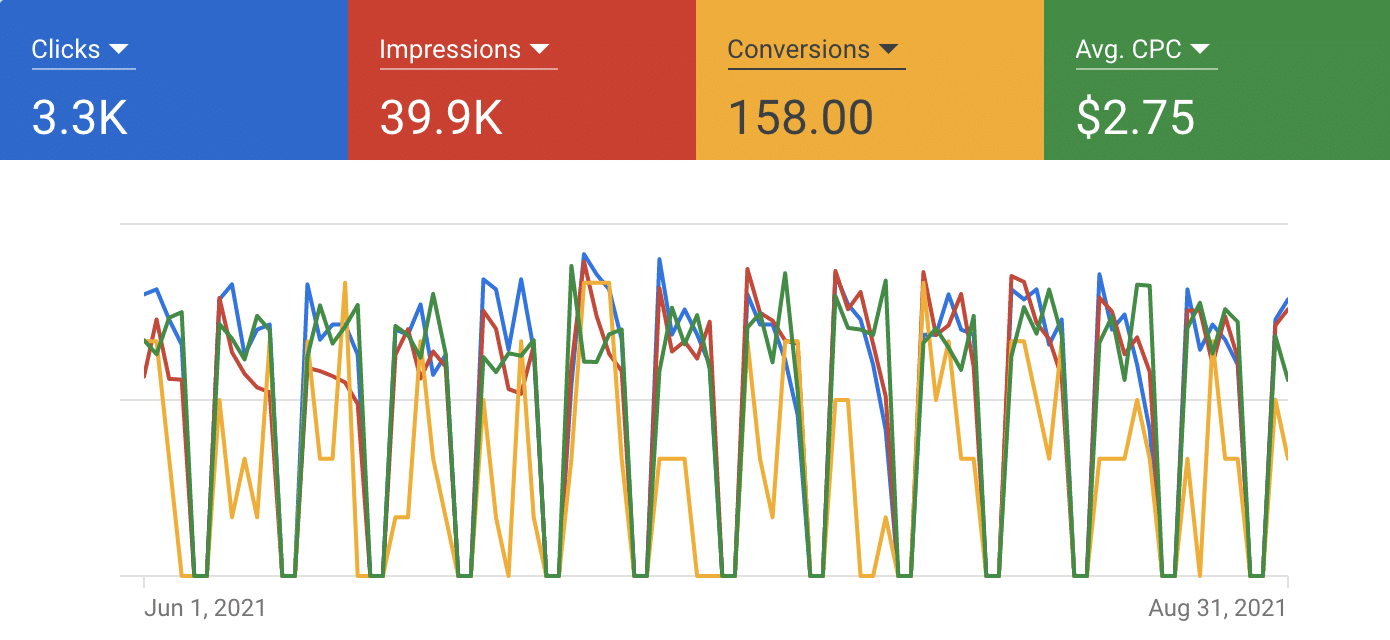
Targeting Your Audience
This area is a little easier to immediately state the difference.
Google targets individuals by specific searches you want to show up for.
Facebook targets by demographics. A LOT of demographics.
When done correctly, you can focus on the right buyer’s intent for both, but Google will be a little easier (remember, Google is closer to the actual buying stage). So in that regard, Google might be a little easier to work with to get ROI.
With that being said, Facebook far outshines Google in certain situations. For one, Google can’t directly target children. Neither can Facebook. But what Facebook CAN target are the parents of children of specific ages. We’re talking different categories, like children ages 5-7 or children 6-12 months.
So Facebook can do some very advanced targeting to focus specifically on the EXACT person you want.
How The Ads Look
For this one, I’m not sure there is really a plus or minus on either side – you need to know what each looks like so you can make the appropriate decision.
Google has 5 main categories to talk about:
- Search Ads
- Display Ads
- On the biggest or more popular sites, Google partners with them to put visual ads in different areas throughout the site.
- YouTube Ads
- Product Ads
- App Ads
- The biggest goal with these ads is to help individuals get more App downloads or sell products on the specific app you created.
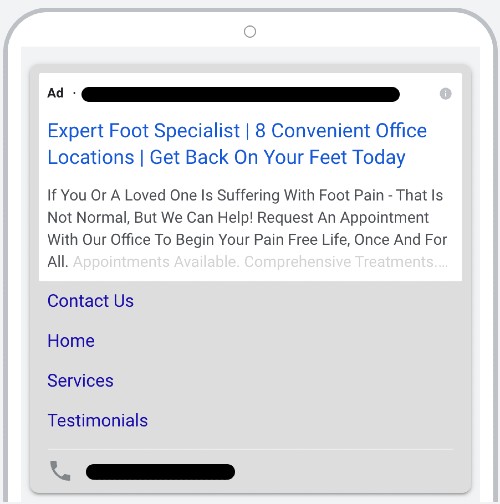
- Timeline Ads
- Facebook Right Column Ads (the ones on the right side of your timeline, and yes that is how Facebook refers to it)
- Instagram Ads
- Marketplace Ads
- App Ads (like Messenger)
- Post Promotions
- Think about your social media posts, events, surveys, etc. These are advertised differently from your month-to-month campaigns.
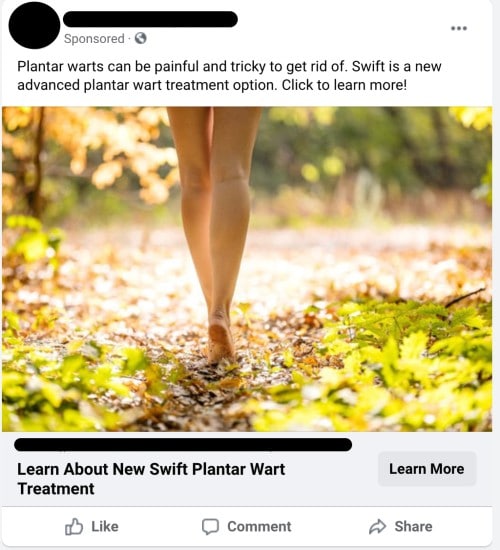
You can see how both platforms have their strengths and weaknesses dependent on your goals. Facebook could help you advertise a specific event, but it would be harder to do the same on Google. Similarly, Google has a specific type of ad for products. You can market products on Facebook, but Google has designed something for you specifically on that front.
Working With Each Company
One last item to compare is what it looks like to get support from each company.
To be honest, both give somewhat canned responses. Both could use some work.
Let’s start with Google’s support. First, Google will always be able to get you in touch with a team member. This could be via email, which then usually can be escalated. Depending on what is found, they may arrange a simple call, an online chat, or possibly a video chat. Somebody will help you.
In terms of the quality of help you get, expect some very low-level help initially. My experience as someone in the United States – English is not the first language spoken for most support, which means they either employ overseas for general support, or they utilize programs that help individuals learn English. Regardless, it can be difficult to understand the individual you are talking with – a major concern.
Additionally, you need to remember that Google wants your money. Combined with the fact that Google ads can be very technical, as well as some not-as-obvious ulterior motives, it can leave you with some individuals who do not understand the full scope of your concerns as a business representative or business owner. They may tell you to increase your budget, which will probably sound as tone-deaf as you perceive it.
Now we compare Facebook.
You may or may not get actual support for your concern. In the cases where you do get support, it could take multiple tickets or follow-ups, and the issue could be resolved MONTHS later.
Now in terms of Facebook Ads, some of the simpler items can usually be resolved a bit quicker and with more dependability, so long as it’s simple. If an ad is disabled for an “odd” reason, you can submit a notice to Facebook. They will often review it and let you know why the ad was removed or help get it back to showing up to your clients.
All in all, while both leave room for improvement, Google does win on this end. You can expect better and more reliable support.
Pros and Cons
To give you a quick overview, here are the quick comparisons of the positives and negatives between the two. It should give you a quick summary and help you come to a decision.
Google Ads
| Pros | Cons |
| Targeting specific phrases from Google | Demographics are more hidden and you might have to do some guessing or get info from other sources to make decisions |
| Higher quality leads (when done correctly) | More expensive |
| More formats – more specific ads for more specific purposes | Can be more complex |
| Bigger audience – also broader | More competition |
| Puts you first in a clearer format – at the top of Google searches | |
| More support |
Facebook Ads
| Pros | Cons |
| Easy demographic targeting | Vague idea of who you get – not as specific as Google can be with their searcher intent |
| Great for brand awareness | Ads are spread out through timelines, not at the top and can get lost in the confusion if not done correctly |
| Can separate out budgets: monthly, only for event, specific posts, etc. | Less and sometimes even horrible support – you might be on your own |
| Less expensive |
Regardless, deciding what your best options are for online advertising should not be a quick decision, and often there are more complicated factors in play.
If you are struggling with any decision-making process, give us a call. We would love to talk with you concerning your online advertising ventures, and if needed help you set them up!


